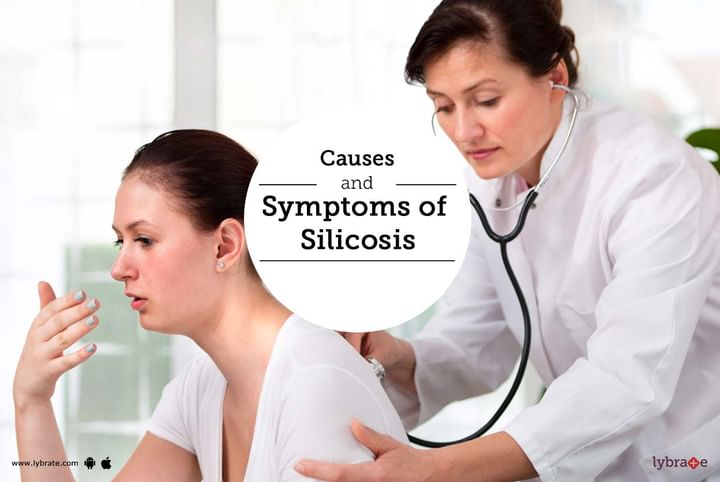Causes and Symptoms of Silicosis
Silicosis is a lung disorder that develops as a result of exposure to dust, which has silica (chemical compounds) content. Silicosis significantly makes you prone to other serious health disorders. It is an incurable disorder and a prescribed dosage of medications in the form of cough syrups or antibiotics can help in the regulation of the symptoms. Inhalers are also useful to clear the blocked air passages. In extreme cases, the doctors might suggest a transplant of the lung to eradicate silicosis.
Causes: Silicosis is caused primarily due to a long- term exposure (usually 5-15 years) to silica. But a short-term exposure (for a few weeks or months) can also result in silicosis, which tends to worsen considerably as time progresses, if not diagnosed in its early stages. Silica is a natural dust particle, which is found in abundance in rocks, sand, bricks or concrete. Once silica gets into your body through inhalation, these particles tend to damage the tissues of the lungs by inflicting minor incisions. This considerably disfigures the lungs, thereby making the whole process of breathing rather troublesome. Long-term exposure to silica might further lead to lung cancer. People who work in mines, glass or asphalt manufacturing industries, iron and steel industries and construction sites are at increased risks of developing this condition.
Symptoms: The Symptoms of Silicosis begin mildly, but tend to worsen with time. The symptoms of Silicosis are as follows:
- The initial symptoms include severe weariness, repeated instances of coughing and experiencing trouble while breathing. These symptoms usually recur as time progresses.
- In the latter stages of silicosis, the symptoms gradually worsen accompanied by severe pain in the chest along with fever, night sweat and sudden loss of body weight.
Silicosis might make you susceptible to other infections related to the respiratory systems such as tuberculosis.
Prevention: In order to prevent Silicosis, you should wear suitable protective gear and a respirator on your face while working in a place which has risks of silica exposure. If you wish to discuss about any specific problem, you can consult a doctor and ask a free question.



+1.svg)
